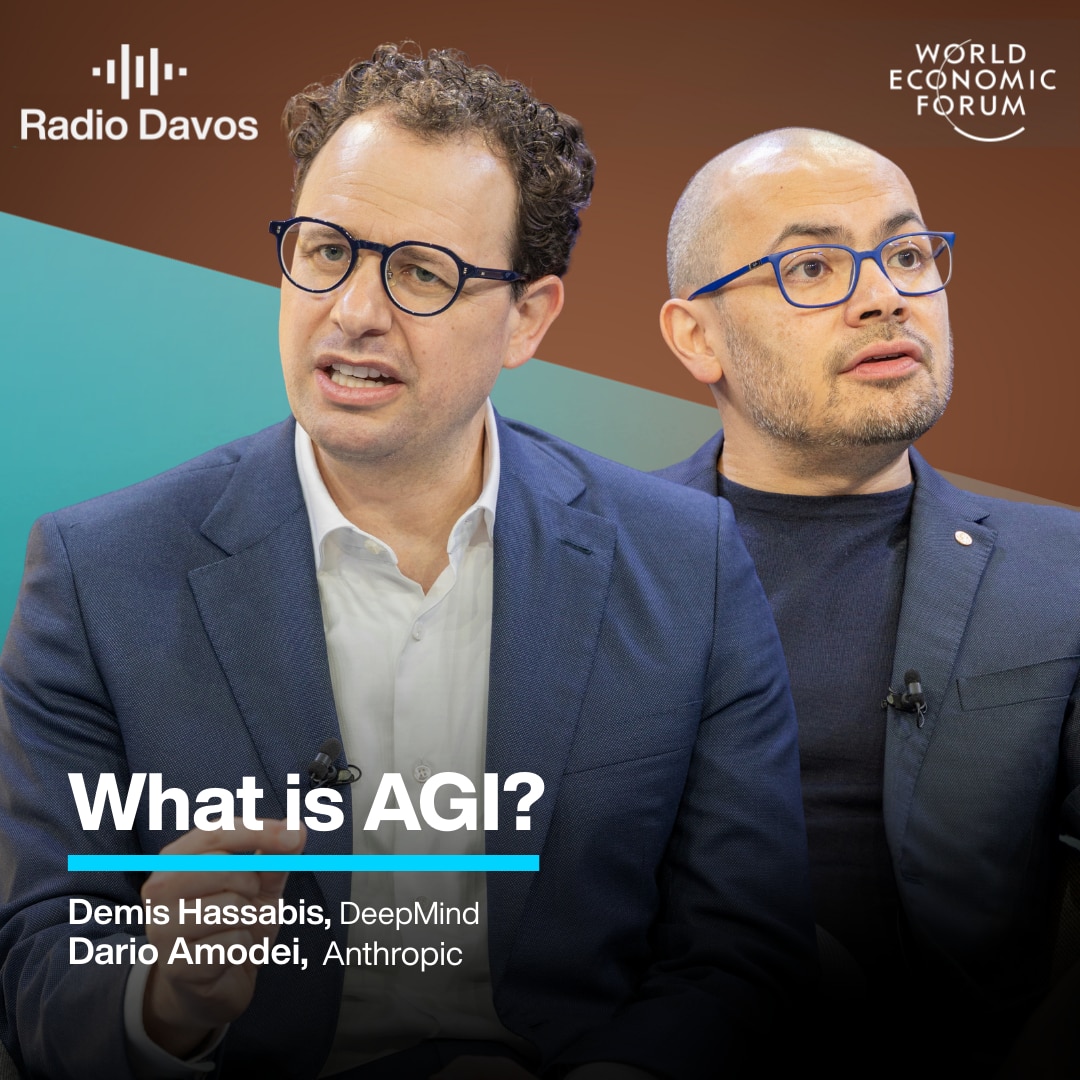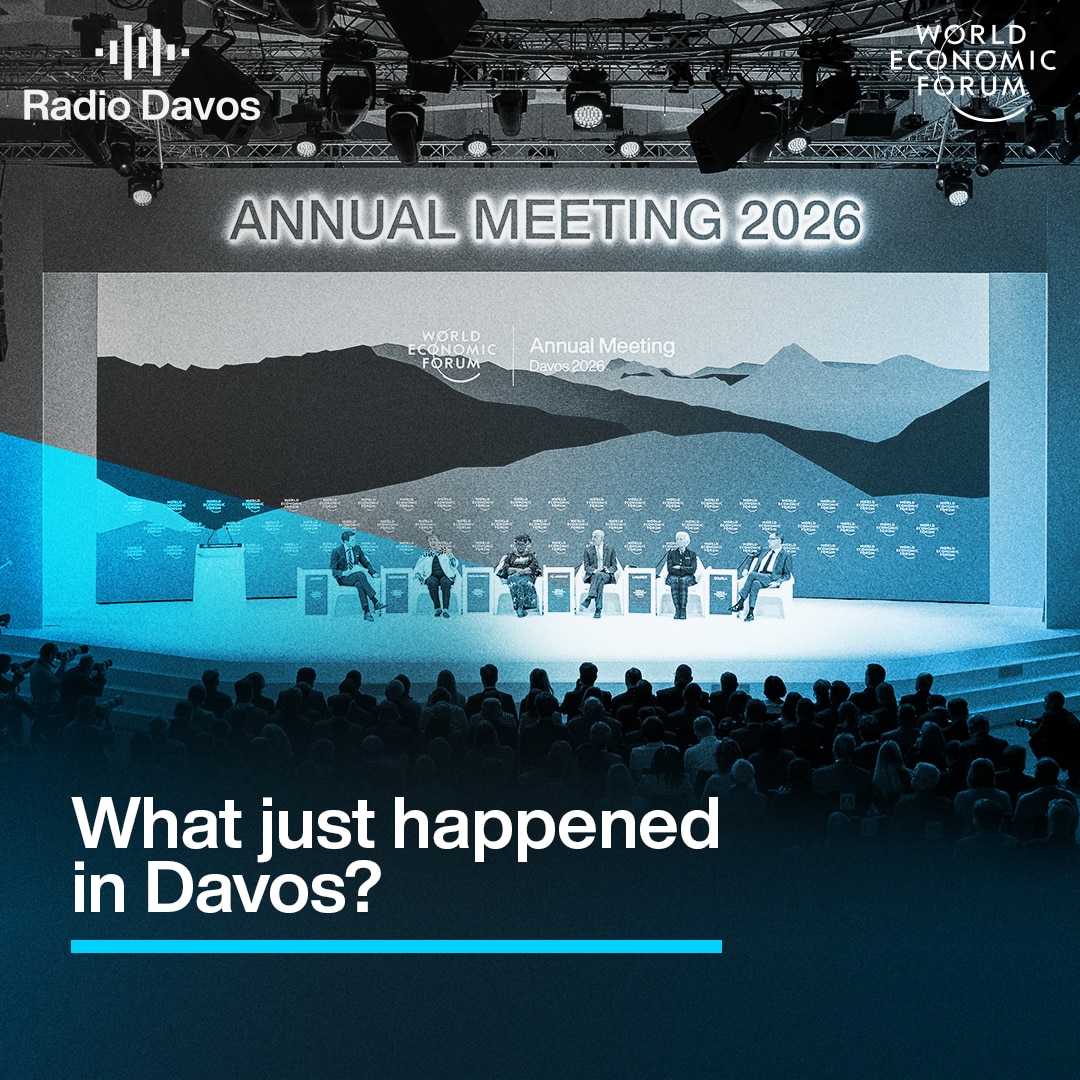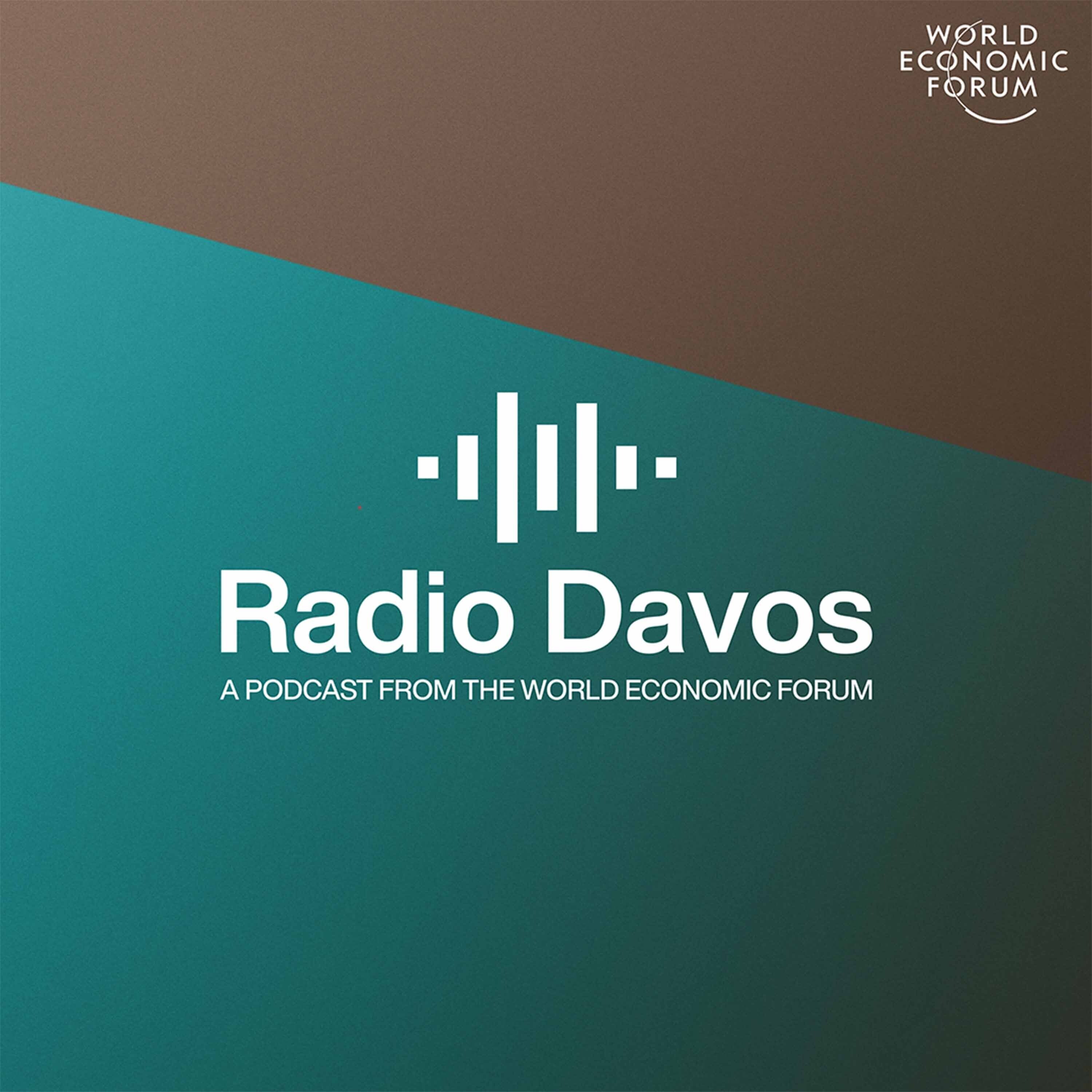Radio Davos
Welcome to Cold War Two: historian Niall Ferguson on geopolitics in 2026
Are we living in the Second Cold War? And if so, what can we learn from the last one that might help us through it? Historian and author Niall Ferguson sets out his view of global affairs right now and says why, compared to many times in the past, there is lot to make us optimistic.
聴き始める
30 mins
特集エピソード:
The world's biggest challenges - from climate change to global inequalities, from the depths of the ocean to outer space - we talk to the brightest minds on what can be done.
ホスト:

Robin Pomeroy
Podcast Editor, World Economic Forum
すべてのエピソード:
並べ替える:

Welcome to Cold War Two: historian Niall Ferguson on geopolitics in 2026
• 30 mins
Are we living in the Second Cold War? And if so, what can we learn from the last one that might help us through it? Historian and author Niall Ferguson sets out his view of global affairs right now and says why, compared to many times in the past, there is lot to make us optimistic.
• 30 mins
Are we living in the Second Cold War? And if so, what can we learn from the last one that might help us through it? Historian and author Niall Ferguson sets out his view of global affairs right now and says why, compared to many times in the past, there is lot to make us optimistic.

The day after AGI: Two 'rock stars' of AI on what it will mean for humanity
• 51 mins
Artificial general intelligence (AGI) is that point in the future when the machines can do pretty much everything better than humans. When will it happen, what will it look like, and what will be the impact on humanity? Two of the brightest minds working in AI today, Demis Hassabis, Co-Founder and CEO of Google DeepMind, and Dario Amodei, Co-Founder and CEO of Anthropic, speak to Zanny Minton Beddoes, Editor-in-Chief of The Economist. Benjamin Larsen, an expert in AI at the World Economic Forum, introduces the conversation and gives us a primer on AGI.
• 51 mins
Artificial general intelligence (AGI) is that point in the future when the machines can do pretty much everything better than humans. When will it happen, what will it look like, and what will be the impact on humanity? Two of the brightest minds working in AI today, Demis Hassabis, Co-Founder and CEO of Google DeepMind, and Dario Amodei, Co-Founder and CEO of Anthropic, speak to Zanny Minton Beddoes, Editor-in-Chief of The Economist. Benjamin Larsen, an expert in AI at the World Economic Forum, introduces the conversation and gives us a primer on AGI.

"Everything has changed" - Gita Gopinath on the global economy in 2026
• 28 mins
"Don't be fooled. Everything has changed for the global economy." Tariffs, geopolitics and AI are all impacting our economies in ways we might not yet be feeling, says Harvard economist Gita Gopinath. The former IMF chief economist tells Radio Davos why "the world is in a very different place".
• 28 mins
"Don't be fooled. Everything has changed for the global economy." Tariffs, geopolitics and AI are all impacting our economies in ways we might not yet be feeling, says Harvard economist Gita Gopinath. The former IMF chief economist tells Radio Davos why "the world is in a very different place".

• 87 mins
The World Economic Forum's Annual Meeting has set the global agenda for 2026. We ask leading figures from across the Forum to pick their highlights from Davos, and we hear clips from some of the most important speeches and discussions.

Davos 2026: Day 5, with Anne McElvoy
• 16 mins
Welcome to Radio Davos coming to you on Day 5 of the World Economic Forum's Annual Meeting 2026. Anne McElvoy, Executive Editor at POLITICO and co-host of the podcast 'Politics at Sam and Anne’s', joins us to look ahead at the final day and give her assessment of the week, and what might happen next.
• 16 mins
Welcome to Radio Davos coming to you on Day 5 of the World Economic Forum's Annual Meeting 2026. Anne McElvoy, Executive Editor at POLITICO and co-host of the podcast 'Politics at Sam and Anne’s', joins us to look ahead at the final day and give her assessment of the week, and what might happen next.
